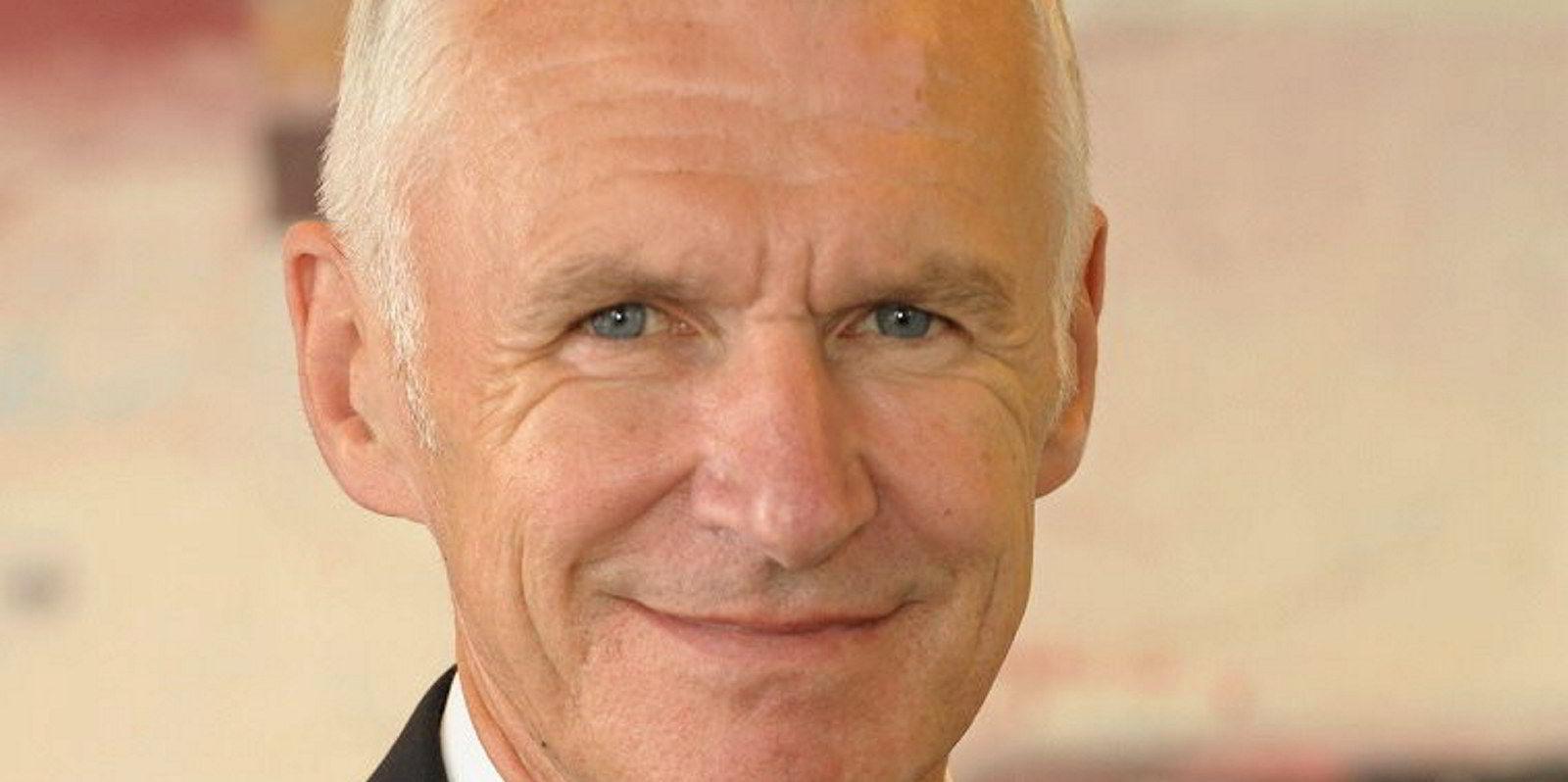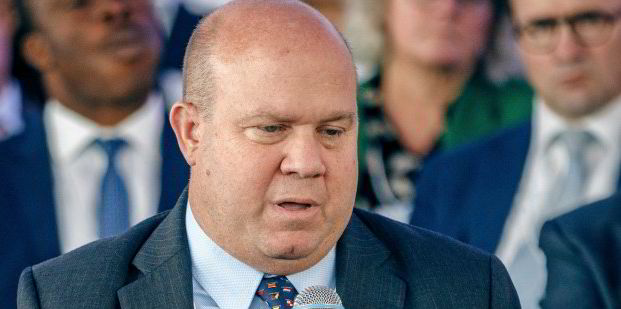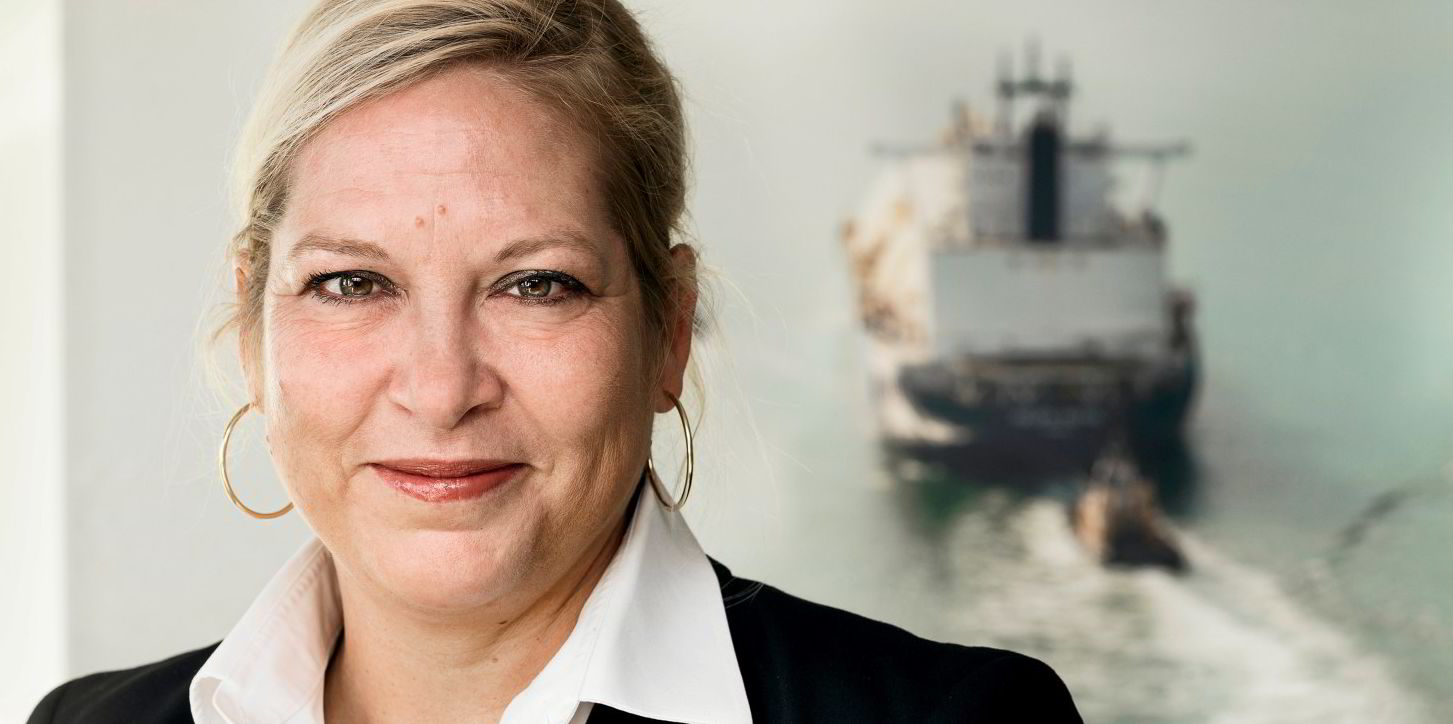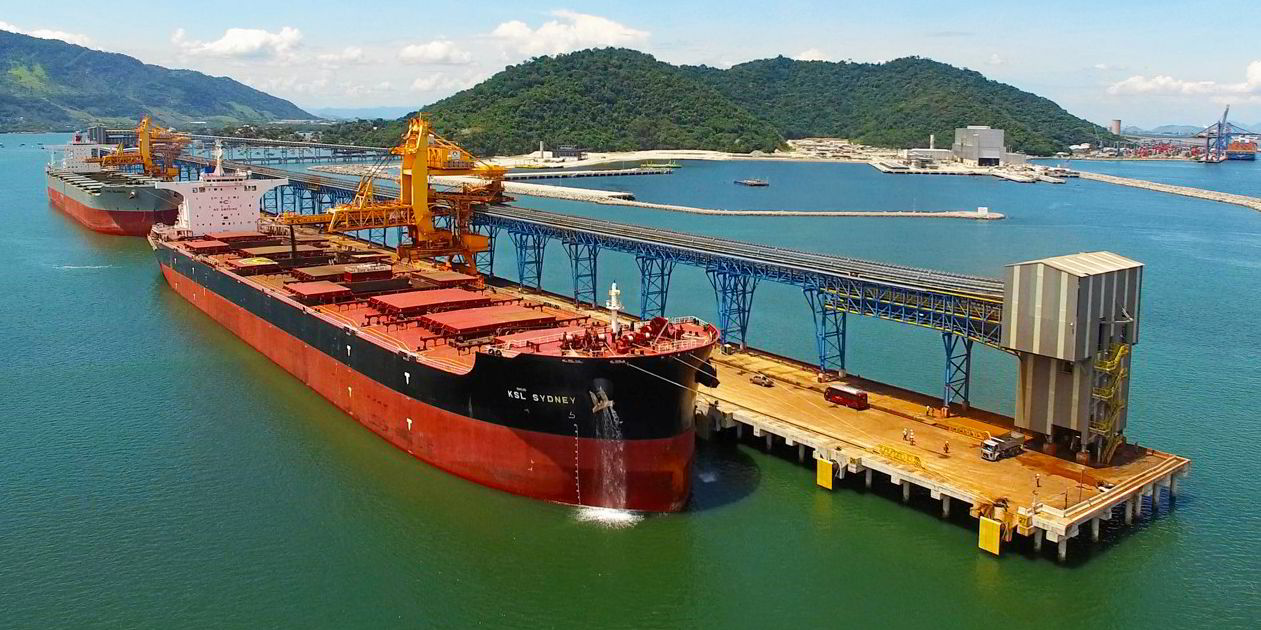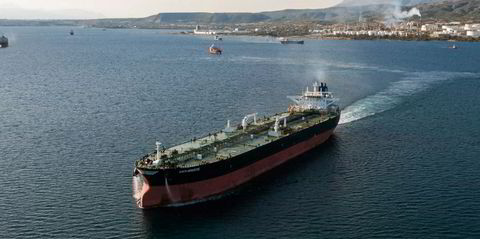A coalition with customers around a clear road map to market-based decarbonisation measures is preferable to regulation to achieve shipping's needed emission cuts.
That is the view of a former head of energy and competition at the European Commission.
“I am not immediately in favour of regulating. Ideally one should look for market-based mechanisms to achieve a result,” said Sir Philip Lowe, who is now a partner at economics advisory Oxera Consulting.
“But at the moment what the commission is thinking about in 2021 is whether there should be some additional legislation to limit the carbon content of maritime fuels,” he added, and a progressive extension of the European emissions trading system [ETS] to the shipping sector.
The EC is also looking at tackling how the supply of alternative fuels for the maritime industry can be increased and infrastructures for their distribution improved, Lowe also said.
“To reach a common objective on the roll out of technology or use of different fuels you need to cooperate, to create coalitions,” Lowe added in a webinar on the fourth propulsion revolution organised by the International Chamber of Shipping.
“The biggest successes in sustainability [of transport] in Europe have been through coalitions run by city institutions together with industry, local communities and regulators,” Lowe said.
As an example, he pointed to Rotterdam, where the port worked with shippers to develop the policies and infrastructure they wanted.
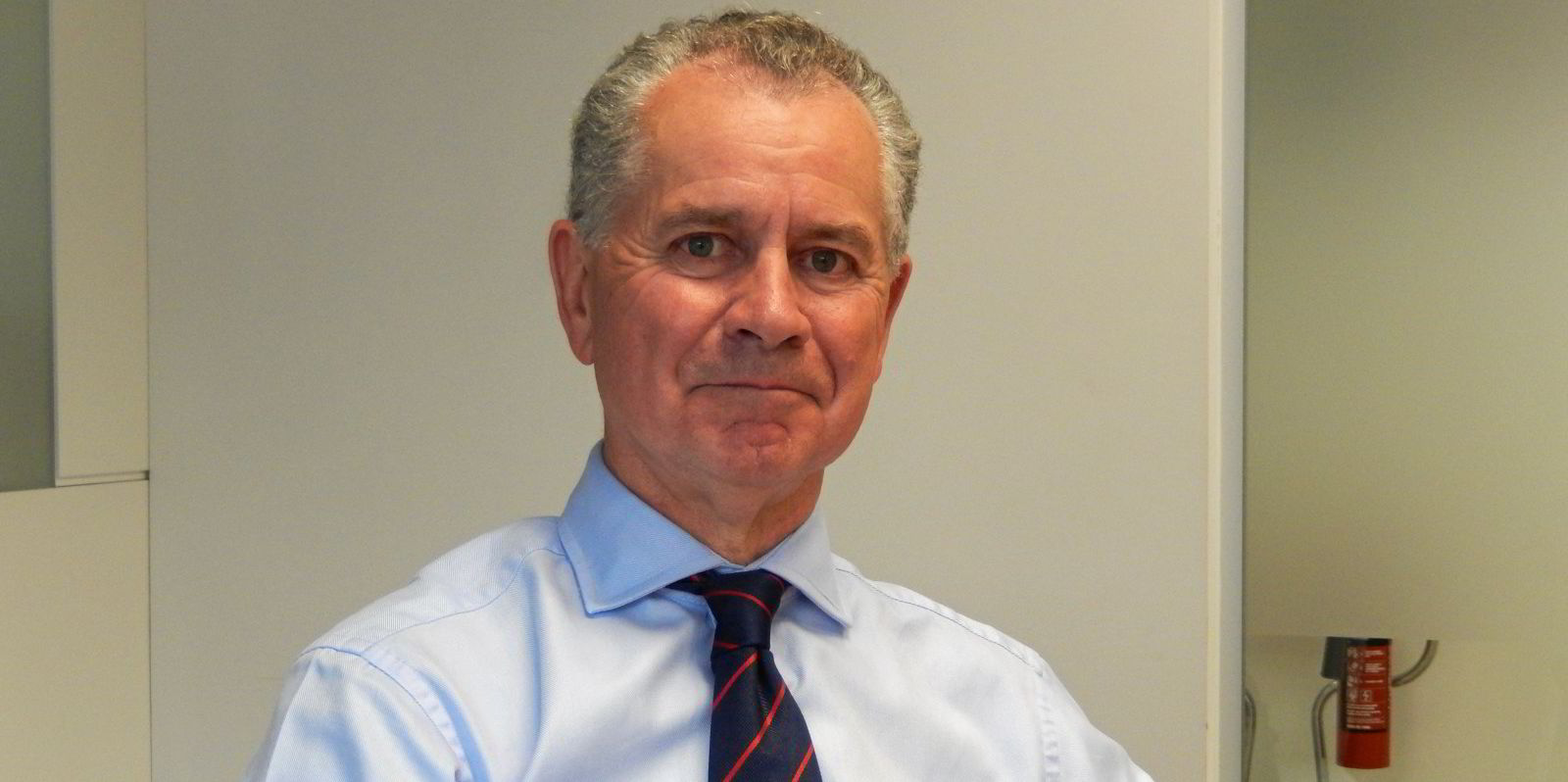
The theme of coalition over clear goals with customers was echoed by other speakers.
“Financiers should not be telling industry what to do for the best in their decarbonisation road maps, but what they can help facilitate is the relationship between the supply and demand of products,” said Zoe Knight, managing director and head of HSBC's Sustainable Finance Institute.
She cited the steel industry creating a responsible steel label with the support of the car manufacturing and construction industries which committed to using it as a marketing tool. Coalitions could work in the same way across supply chain management, she said.
“Is your biggest customer thinking about this? If so, talk to them, and get them on board to create a demand for your investment requirements,” Knight said.
Green bonds now represent 5% of the total bond market, and sustainably-linked bond financing for up to around $100m for specific environmental projects has been taken by Japanese shipping companies.
V.Group chairman Graham Westgarth said developing a clear road map to decarbonisation presented opportunities for the shipping industry to be “masters of our own destiny to shape legislation that is fit for purpose”.
The fragmented shipping industry where no one fuel or technology solution will fit all the different needs for varied ships, routes and trades made the transition harder than in the past when fuel use shifted from one type to another. Today, many alternative fuels are being proposed but are as yet unproven.
“We can’t afford to get it wrong. We need to match the technology with the regulation, any market-based mechanisms and financial instruments. It’s very complicated and it requires the shipping industry to be much more external, open and engaged in a way it has never done before,” Westgarth said.
